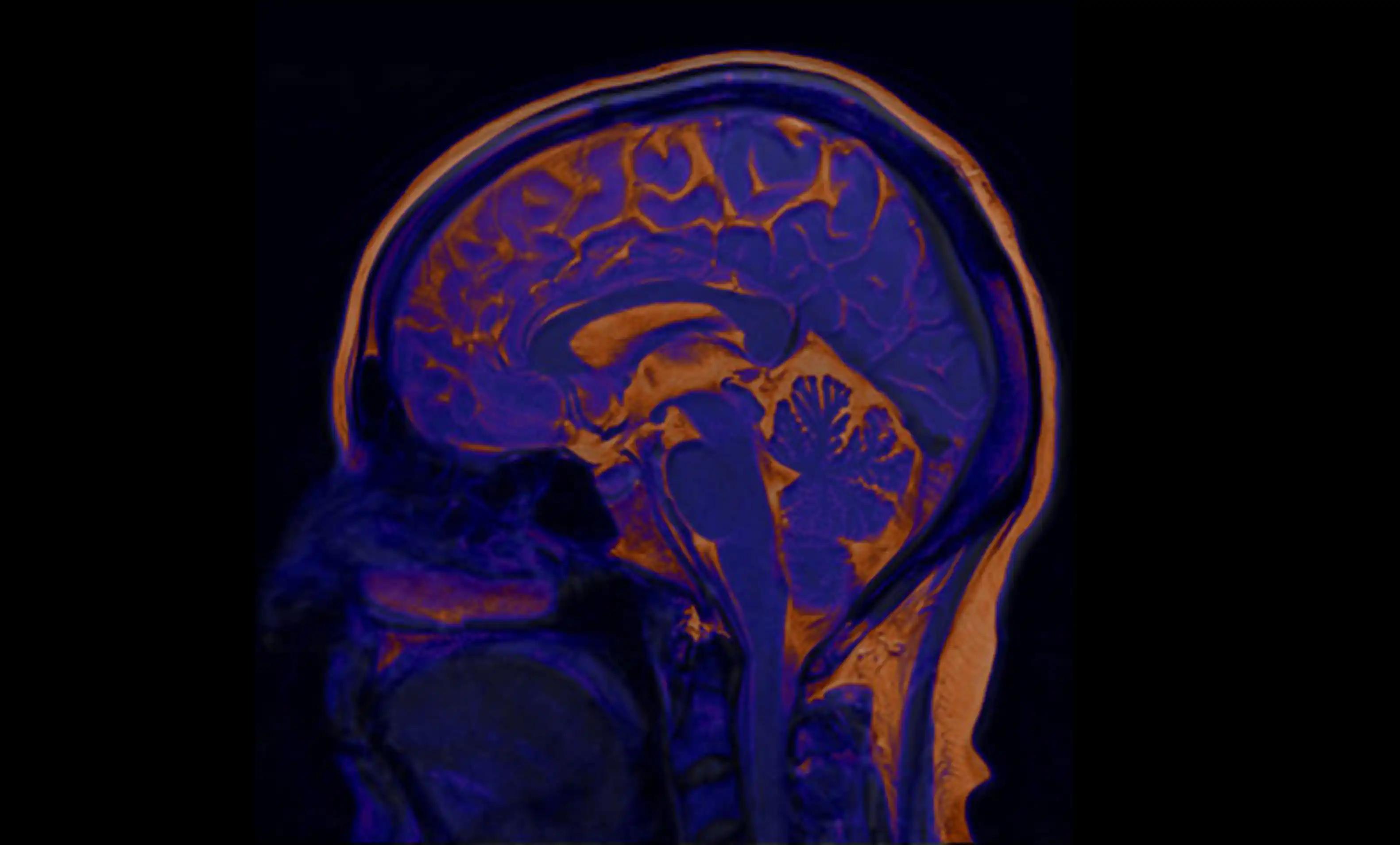KEY TAKEAWAYS
- The study sought to evaluate pLGG in MYB/MYBL1 altered patients to delineate the most effective therapeutic approaches.
- Results showed that surgical resectability significantly influences EFS in pLGG with MYB/MYBL1 alterations, necessitating further research for optimal treatment strategies.
Detailed treatment and outcome data for large cohorts of pediatric-type diffuse low-grade gliomas (pLGG) with MYB or MYBL1 alterations related to brain cancer remain scarce.
Daniel C. Moreira and the team conducted a study to assess pediatric-type thoroughly diffuse low-grade gliomas (pLGG) with MYB/MYBL1 alterations and delineate the best therapeutic approaches.
The study retrospectively analyzed pLGG harboring MYB or MYBL1 alterations. Data were gathered from patients treated or referred for pathology review at St. Jude Children’s Research Hospital, including a central review of tumor specimens and compilation of clinical information.
About 33 patients (18 male; median age, 5 years) were included. MYBL1 alterations were observed in two tumors, while MYB alterations were present in 31 tumors, with MYB::QKI fusion being the most frequent (n=10, 30%). Most tumors (n=22, 67%) were in the cerebral hemispheres. Metastasis at diagnosis was identified in two patients (6%), and the median follow-up was 6.1 years.
The overall survival (OS) rate was 96.4±4.1%, and the 5-year event-free survival (EFS) rate was 81.3±8.3%. The 5-year EFS rate for patients having biopsy was 100%, whereas the 5-year EFS rate for patients receiving complete or nearly whole resection was 56.6±15.2% (P<0.01). No appreciable variations in EFS were discovered regarding the histology, location, or molecular alterations of the tumor.
The study concluded that pLGG with MYB/MYBL1 alterations demonstrate favorable outcomes. Surgical resectability emerged as a key factor influencing event-free survival (EFS). Further characterization is essential to refine treatment strategies for progressive tumors.
Funding was provided by the National Cancer Institute, American Lebanese Syrian Associated Charities, and the V Foundation.
Moreira, D. C., Qaddoumi, I., Spiller, S., et al. (2024) ‘’Comprehensive analysis of MYB/MYBL1-altered pediatric-type diffuse low-grade glioma.’’ Neuro-Oncology, 2024;, noae048, https://doi.org/10.1093/neuonc/noae048.



